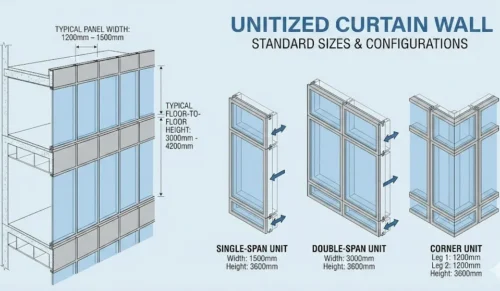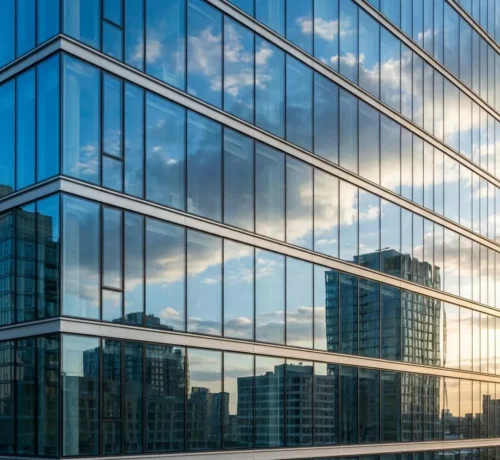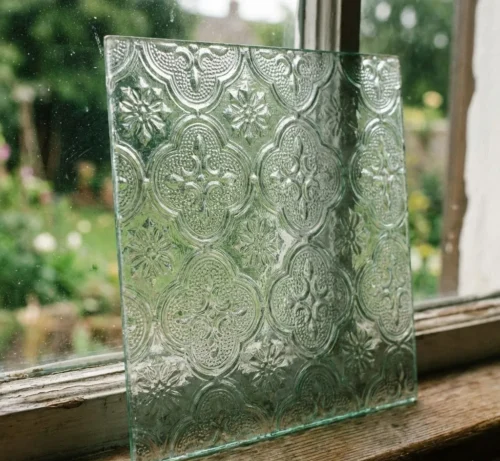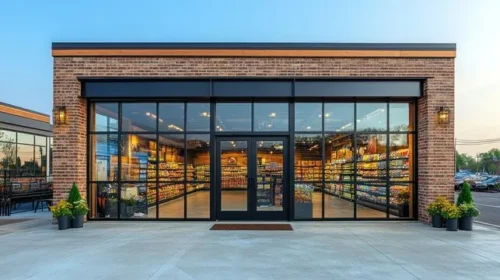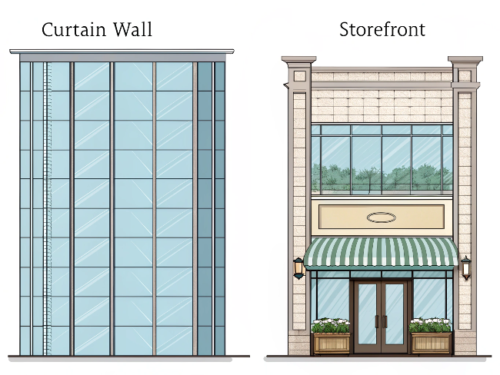Choosing the right material for your sliding doors is essential for both the look and functionality of your space.
The material impacts not only the door’s durability but also its aesthetic appeal and energy efficiency.
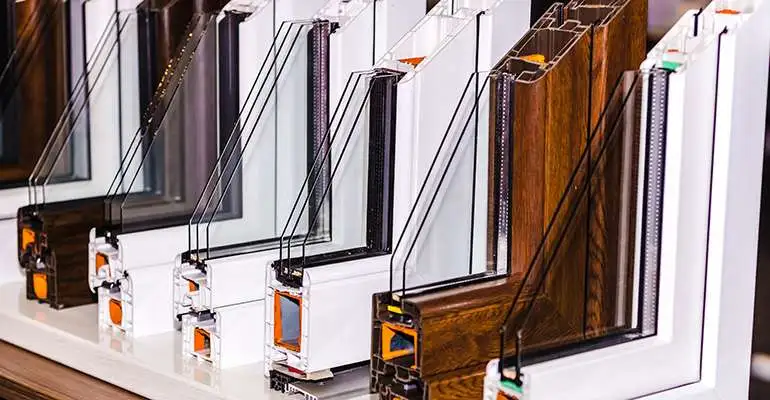
Whether you’re aiming for a sleek modern design or a more traditional style, the right choice can enhance your home’s comfort and overall value.
Let’s dive into how different materials affect your sliding doors, so you can make an informed decision that suits your needs and style.
Wood Sliding Doors
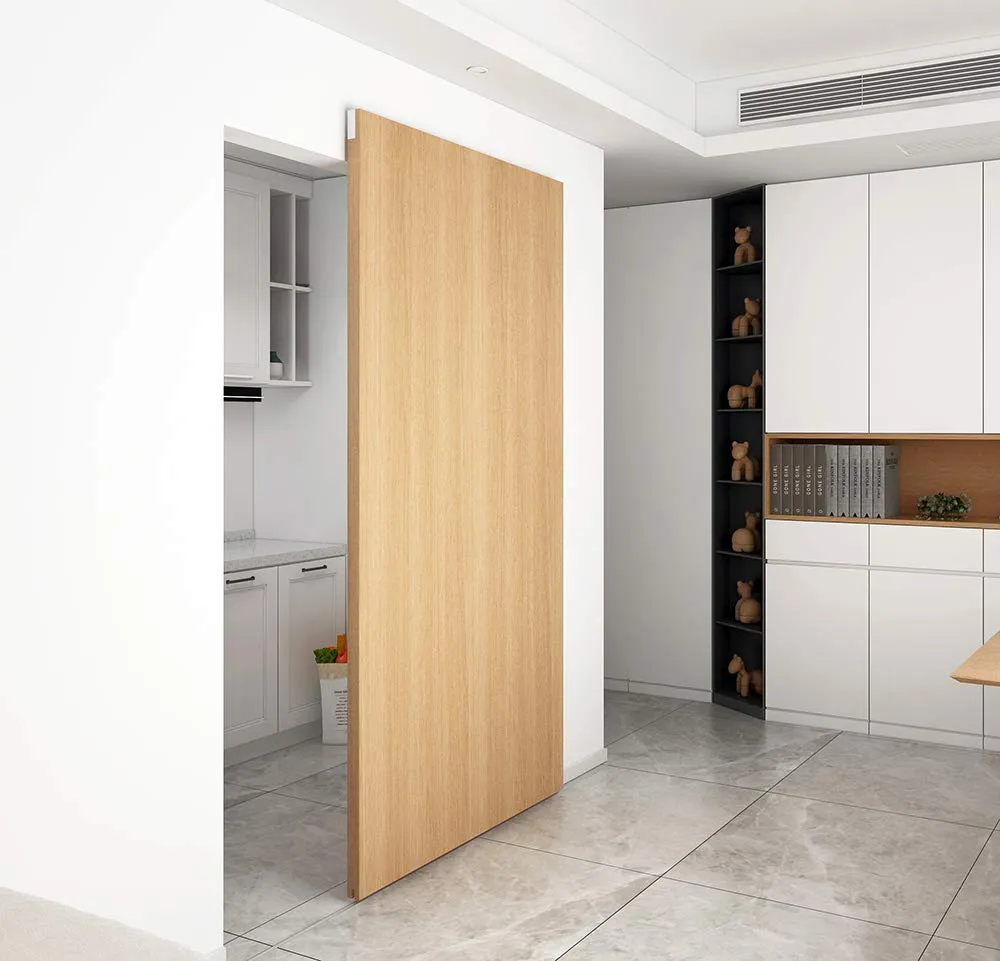
Wood sliding doors bring a timeless, classic look to your home, adding warmth and character to any space.
They offer great insulation, customizable finishes, and flexible design options that enhance your interior.
Wood requires regular maintenance, especially in harsh weather, to prevent warping and damage.
Perfect for traditional homes and areas with moderate weather conditions where beauty and comfort are priorities.
Aluminum Sliding Doors
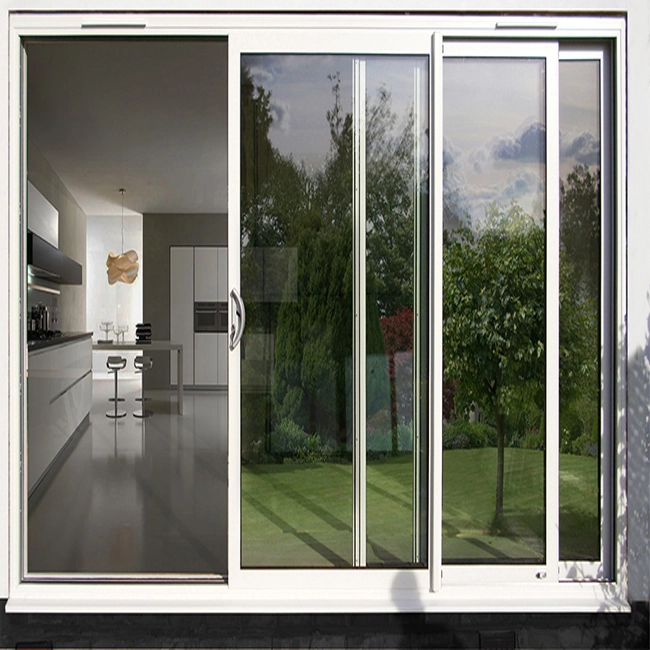
Aluminum doors are sleek, strong, and resistant to corrosion, making them perfect for various climates.
They require minimal maintenance, offer a modern look, and support larger glass panels for expansive views.
Although modern designs have improved, aluminum still offers lower insulation compared to other materials.
Best for contemporary homes, especially in high-humidity or coastal areas where durability is key.
Vinyl Sliding Doors
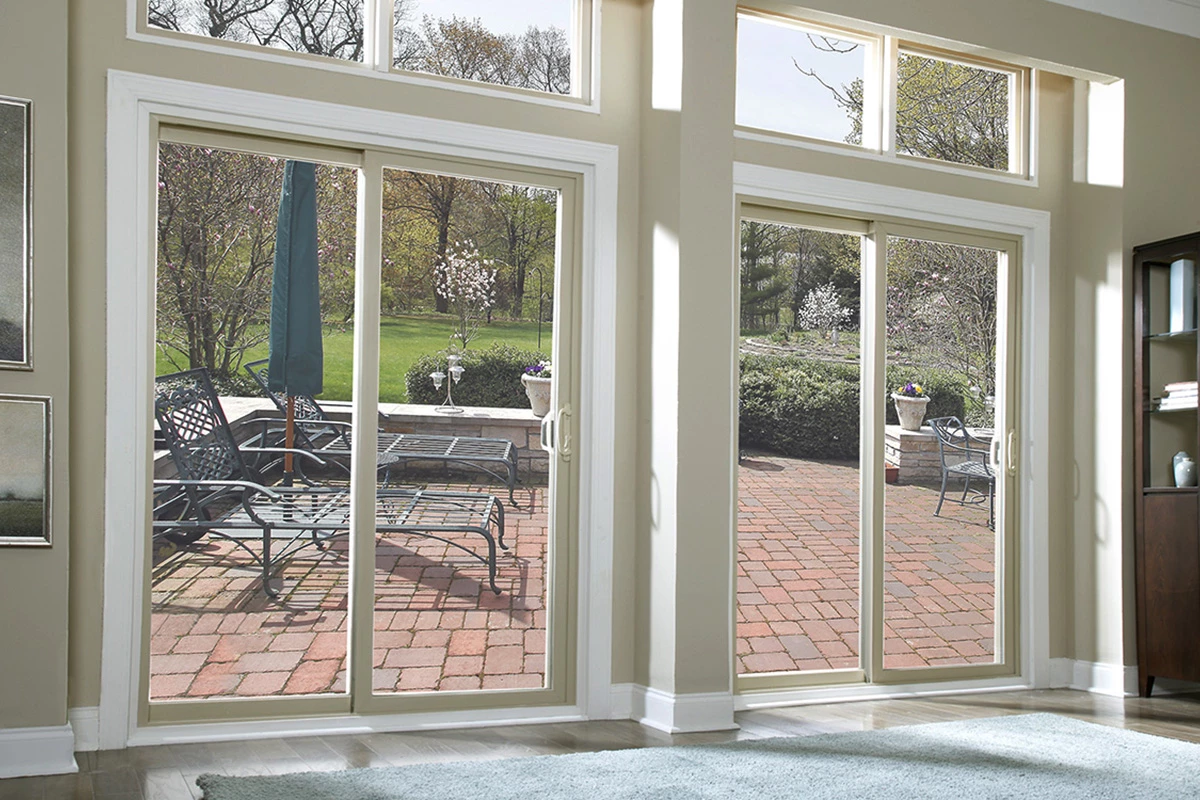
Vinyl doors are a cost-effective, low-maintenance option that also offers excellent energy efficiency.
They provide excellent insulation, resist fading and warping, and are affordable compared to other materials.
Not as durable as aluminum or fiberglass, vinyl may wear out faster over time.
Ideal for budget-conscious homeowners or those looking for energy savings in moderate climates.
Fiberglass Sliding Doors
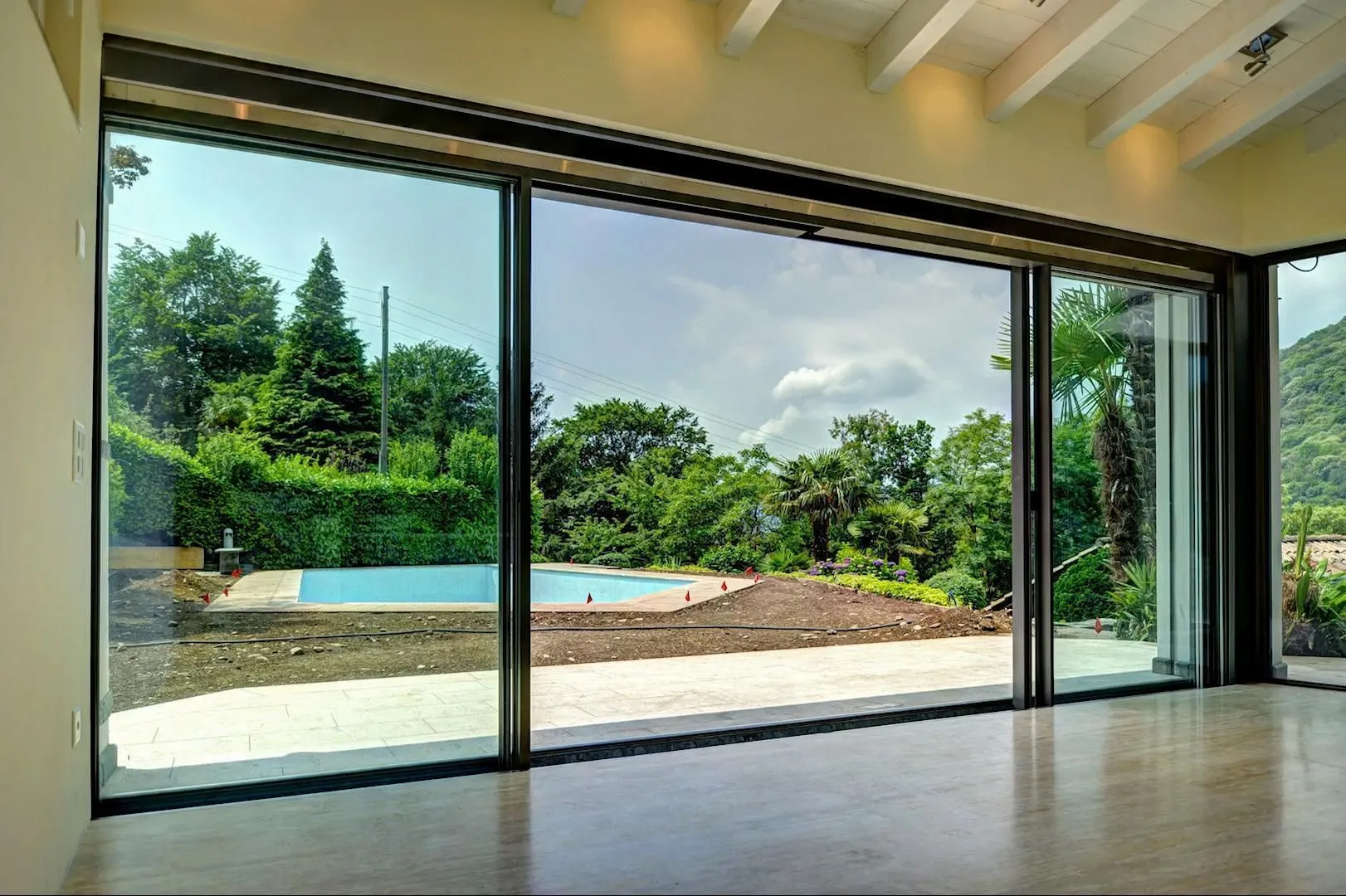
Fiberglass sliding doors offer the classic beauty of wood but with far less upkeep. They bring durability and elegance to any home.
They’re resistant to weathering, rot, and corrosion. Plus, they provide excellent insulation, keeping your home energy-efficient.
While they’re durable, fiberglass doors come with a higher initial cost compared to vinyl options.
Ideal for homes in regions with extreme temperatures, whether hot or cold, due to their superior performance in harsh climates.
Composite Sliding Doors
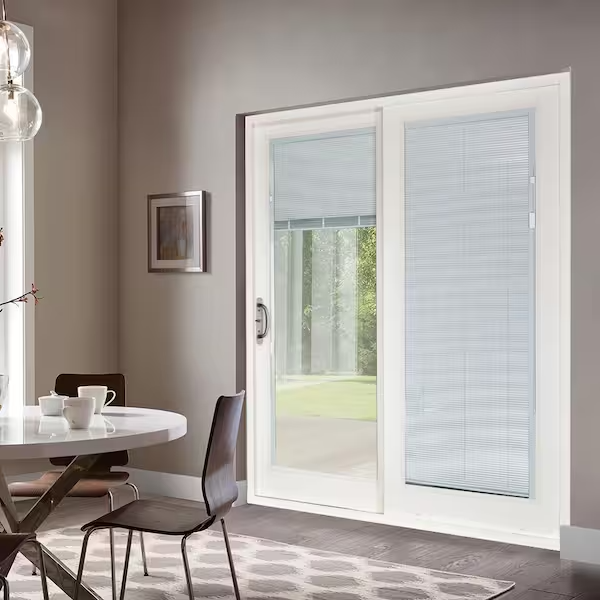
Composite doors combine the best features of wood, vinyl, and aluminum to offer a highly durable and low-maintenance solution.
They are resistant to weather, require little maintenance, and provide superior insulation compared to many single-material doors.
Composite doors tend to be more expensive than those made from a single material.
Perfect for homeowners who want a long-lasting, energy-efficient, and low-maintenance option without compromising on durability.
Glass Types for Sliding Doors

Here are the common types of glass you can choose from:
- Clear Glass: Maximizes natural light and provides unobstructed views of the outside.
- Frosted or Tinted Glass: Offers enhanced privacy while still allowing ample light into your space.
- Low-E Glass: Energy-efficient glass that reduces UV rays and minimizes heat transfer, helping to keep your home cooler in the summer and warmer in the winter.
Each glass type has its own set of benefits, so choose the one that best meets your privacy, aesthetic, and energy-efficiency needs.
Choosing the Right Material for Your Home
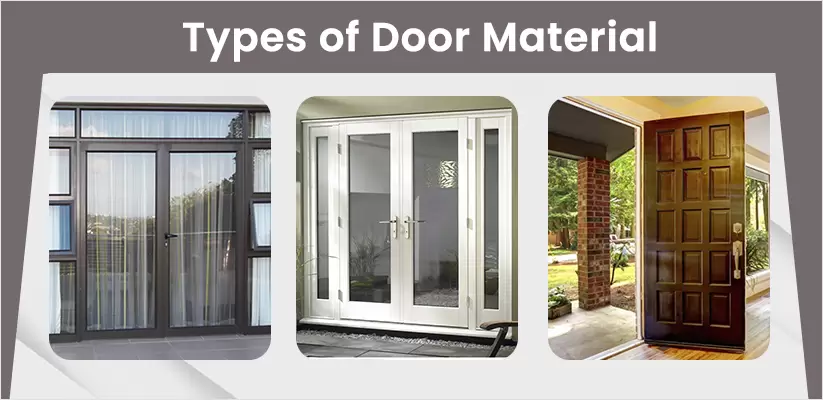
Here’s a simple decision guide to help you choose based on key factors:
Budget
- Wood and fiberglass doors tend to have higher upfront costs, but they’re durable and offer a premium look.
- Vinyl and aluminum are more affordable, with vinyl being the most budget-friendly option.
Climate
- For extreme weather (hot or cold), fiberglass and composite doors are ideal because they’re durable and offer excellent insulation.
- In humid or coastal climates, aluminum doors are resistant to corrosion, making them a smart choice.
Aesthetic Preferences
- If you love a classic, traditional look, wood sliding doors are a perfect fit.
- For a sleek, modern design, aluminum and fiberglass doors offer clean lines and large glass panels.
- Vinyl doors can fit various styles but tend to be simpler in appearance.
Maintenance
- Vinyl and aluminum doors require minimal maintenance and are easy to clean.
- Wood doors need regular upkeep to prevent wear from weathering, especially if exposed to harsh conditions.
- Fiberglass and composite doors are low-maintenance, offering the best of both worlds.
Keep these factors in mind when choosing your sliding door material, and you’ll find the perfect fit for both your home and lifestyle!
Conclusion
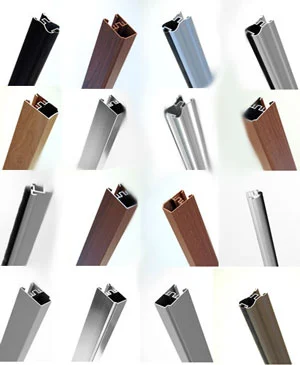
In summary, each sliding door material offers unique benefits—wood provides warmth and design flexibility, aluminum offers durability and a modern look, vinyl is affordable and energy-efficient, fiberglass is strong and low-maintenance, and composite blends the best of multiple materials.
If you’re unsure which material is best for your home, our experts can guide you through the selection process to ensure your sliding doors meet your aesthetic, functional, and budget needs.
Contact us today to get started!
FAQs About Sliding Doors Material
What material is used for sliding doors?
The most common materials for sliding doors include glass panels paired with frames made from wood, aluminum, PVC, or steel. Glass provides natural light and clear views, while the frame material ensures durability and strength.
What are most sliding glass doors made of?
Sliding glass door frames are typically made from wood, aluminum, steel, or PVC, with PVC being the most common due to its affordability and ease of maintenance. These materials offer a balance of strength and weather resistance.
Is vinyl or fiberglass better for patio doors?
Fiberglass is often the better choice for patio doors due to its superior durability and energy efficiency. While vinyl is more affordable, fiberglass provides a longer lifespan and better resistance to air leaks and weather changes.

![Aluminum sliding doors with glass panels facing a river - Choosing the Best Sliding Door Materials [February 2026] - APRO Aluminum sliding doors with glass panels facing a river](https://aprowin.com/wp-content/uploads/2024/10/Aluminum-sliding-doors-with-glass-panels-facing-a-river.webp)


